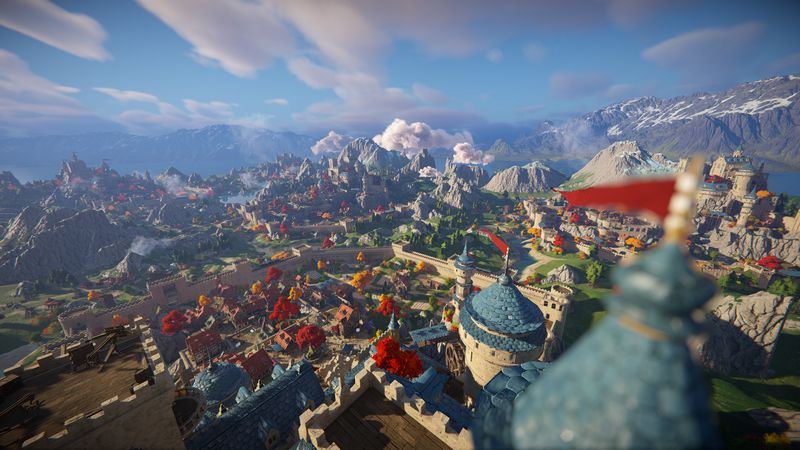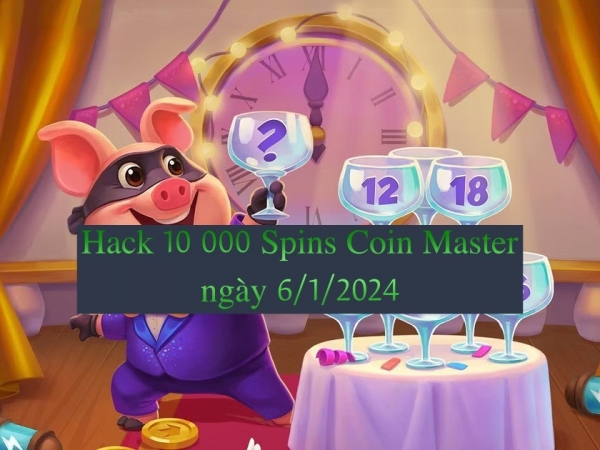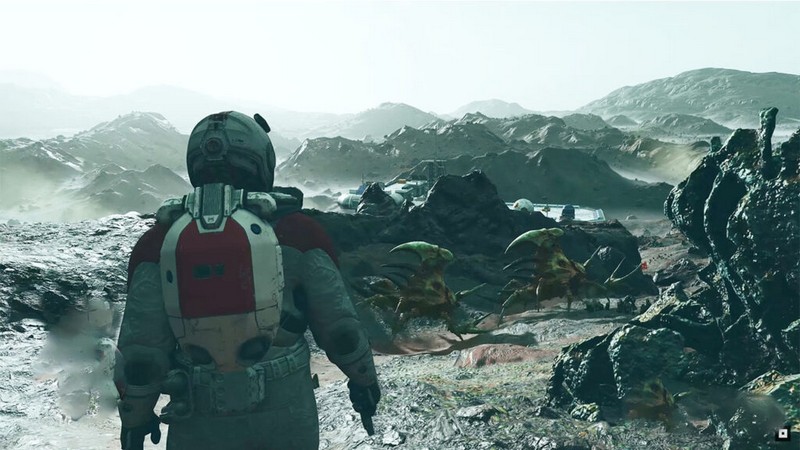Unity (NYSE: U), the world’s leading platform for real-time 3D (RT3D) content creation and development, recently held Unite, its annual game developer conference. Here, Unity announced a series of new AI innovations and platform updates to better support game developers in realizing their visions and running successful game products. Announced content includes early access to Unity Muse, a feature set that uses AI technology to simplify content creation; first images of Unity 6, the next major Unity version due out in 2024 (formerly known as 2023 LTS); and announced the launch of Unity Cloud, a platform of interconnected products and services that helps developers organize content across projects and workflows.

Earlier this year, Unity announced the launch of closed beta versions of two AI-powered platforms, Unity Muse and Unity Sentis. Today, Unity Muse enters early access with an ever-expanding feature set to simplify content creation:
- Muse Chat – used to find answers and resources on Unity and get usable code
- Muse Sprite – used to create 2D sprite images and many variations
- Muse Texture – used to create high-quality, ready-to-use 2D and 3D textures
Sprite and Texture operate on a custom-built deep learning model and are trained entirely using data and images owned or copyrighted by Unity. This ensures the datasets do not contain any recognizable people, symbols, or art styles.

Unity Muse is a standalone product that costs $30/month. Subscribers to the service will also get priority access to upcoming features in the pre-release, such as Muse Animate (which helps developers set animated characters without code), Muse Behavior (which helps developers set up character interactions) and Muse Sketch (a 3D canvas for rapid prototyping and team collaboration). To see more information about Unity Muse, visit http://unity.com/products/muse.
If Unity Muse helps developers improve their workflow, then Unity Sentis allows them to bring complex AI data models into Unity Runtime to solve “difficult” tasks, as well as create new functionality in Unity Runtime. game using AI model. Unity Sentis is currently in open beta and will be widely available with Unity 6 in 2024.
Unity 6 is the next major version of Unity, due out in 2024. The goal of Unity 6 is to deliver enhanced visuals with significant improvements in performance, speed of creation, and scaling of multiplayer games accelerated gameplay, with the ability to help developers push the boundaries of what’s possible with the help of AI, cutting-edge mobile features, and new support for augmented reality devices ( VR). Unity 6 will raise the bar on visual quality to create larger, richer worlds in the most efficient way possible. To learn more about Unity 6, visit the Unity Blog.

Marc Whitten, President of Create, Unity, shared: “We are always ready to help developers create impressive and successful games. We work based on their input. They tell us where we are doing well and what we need to improve. With Unity 6, we need to focus on improving performance and workflow. In terms of AI technology, we realized we needed to ensure developers had the tools to create more games at a faster pace. We want to be a true partner, with the ability to meet the needs of creators at any stage of their game development.”
In addition, Unity is introducing Unity Cloud, a new, interconnected set of tools to help developers collaborate, orchestrate content across multiple projects and processes, and organize and solve problems. problems in the development lifecycle. Unity Cloud is currently in early access and will offer new collaboration, asset management, and team administration capabilities. Integrations between Asset Manager, Version Control, and Unity Editor (or other tools) simplify the process of working with content across teams and throughout the development lifecycle. All users subscribed to Unity Personal, Pro, Enterprise, and Industry will now be able to access Unity Cloud. To learn more, visit https://unity.com/products/unity-cloud.
At Apple’s Worldwide Developer Conference (WWDC) midway through this year, Unity announced its platform would support Apple Vision Pro devices with the launch of PolySpatial. Developers from 145 countries then participated and contributed ideas during the closed beta period. Starting today, Unity is expanding the visionOS beta testing program (including access to Unity PolySpatial) to all Unity Pro, Enterprise, and Industry* subscribers, so creators can create the next generation of apps. Take advantage of the new space for Apple Vision Pro using Unity’s Editor and Runtime. To learn more, visit http://unity.com/spatial.
To learn more about the announcements made at Unite 2023, please visit the Unity Blog.











